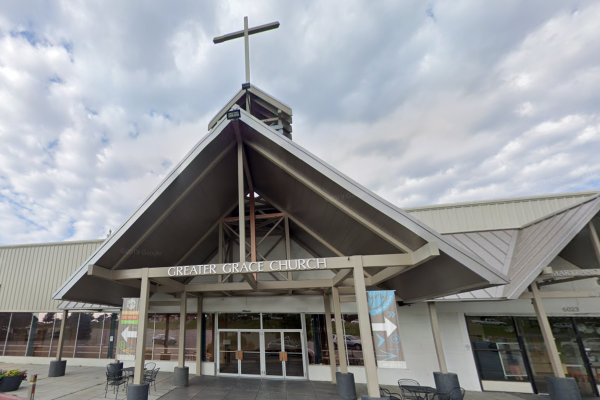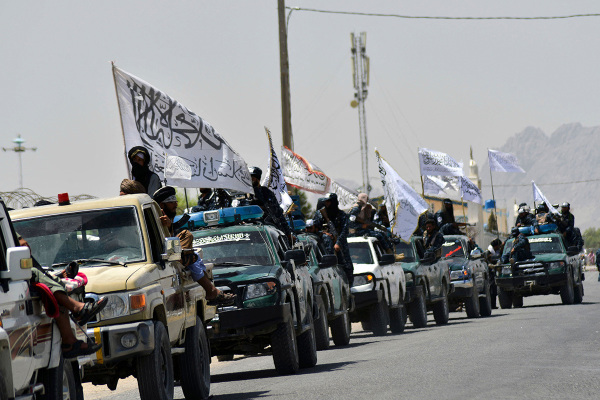Theologian Walter Altmann Installed as IECLB President
PORTO ALEGRE, Brazil/GENEVA -- After a restructuring period leading to a new constitution in 1997, the Evangelical Church of the Lutheran Confession in Brazil (IECLB) is now challenged to focus on the quality of its contribution to Brazilian society today. The changes include a new church order and financial system.
Recently installed IECLB President Dr Walter Altmann cited the main issues as theological identity, social responsibility and missionary commitment, and underlined ethics, justice, peace and the integrity of creation as the mainstay of Lutheran identity.
Altmann assumed his four-year term in the IECLB's highest office on December 28, succeeding Rev. Huberto Kirchheim, who had led the church since 1994. The new president was the church's vice-president since 1998, and headed the Latin American Council of Churches from 1995-2001.
Speaking to Lutheran World Information (LWI), the 58-year-old theologian said Lutheran Christians must realize their social responsibility. He will ask the church council to appoint a commission for public affairs "in order to address the fundamental issues being discussed in the nation." The commission will be responsible for preparing public statements or initiatives for proposal to the council. Even though Lutheran Christians represent onl 0.5 percent of the total population, the position of the Lutheran church "receives more attention than one would expect," he said.
Central themes for the IECLB include Brazil's economic situation, the foreign debt, and consequences of the neo-liberal globalization that has led to decreased social spending, lower investments in public health, education, and old-age support. A high urban crime rate, increased violence and illicit drug trade mirror a system that is geared toward discrimination rather than integration, according to the new IECLB president. With the newly elected Brazilian government, there is hope that other priorities would be set and that there would be more emphasis on the social dimension.
Altmann backs the Argentinean churches' call for the International Court of Justice in The Hague to examine the legitimacy of the foreign debt. Thorough research in Latin America has proved that the greater part of the continent's debts has its origins in the time of the military dictatorships, who were supported by the industrialized nations. For Altmann, it is inappropriate to speak of "debt remission," as if responsibility for incurring the debt lies exclusively with the "under-developed countries. It is, to say the least, a shared responsibility," he stressed.
Altmann noted that Brazilian society is developing toward a vast diversity of religious movements, even though 86 percent of the population is Roman Catholic. He felt that in such a situation, the IECLB should effectively represent the Lutheran confession and its relevance for contemporary issues in Brazil.
The new president hopes that the IECLB will in the near future develop into a church with a strong ecumenical emphasis and commitment. He cited the 2006 World Council of Churches (WCC) Assembly in Porto Alegre as an opportunity for local ecumenical co-operation and for participation in the global ecumenical movement. He believes that the Assembly, being the first such WCC event to be held on the continent, "will have a Lati American dimension and attract the Brazilian and Latin American public." It would be essential that the Roman Catholic Church actively participate in the Assembly's local organization.
Commenting on the Lutheran World Federation (LWF) Tenth Assembly that will be held 21-31 July 2003 in Winnipeg, Canada, Altmann emphasized that its theme "For the Healing of the World," is very relevant. He expects the Assembly to provide a new impetus for the Lutheran churches to be perceived as a communion that is committed to serving people in need. He foresees the issues of globalization and integrity of creation as being of major importance on the Assembly agenda.
Altmann studied theology in Sao Leopoldo, southern Brazil, Buenos Aires (Argentina), and Hamburg (Germany). In 1972, he earned a doctorate in Hamburg on Karl Rahner's understanding of tradition.
By Albert H. Lee
chtoday_editor@chtoday.com






















